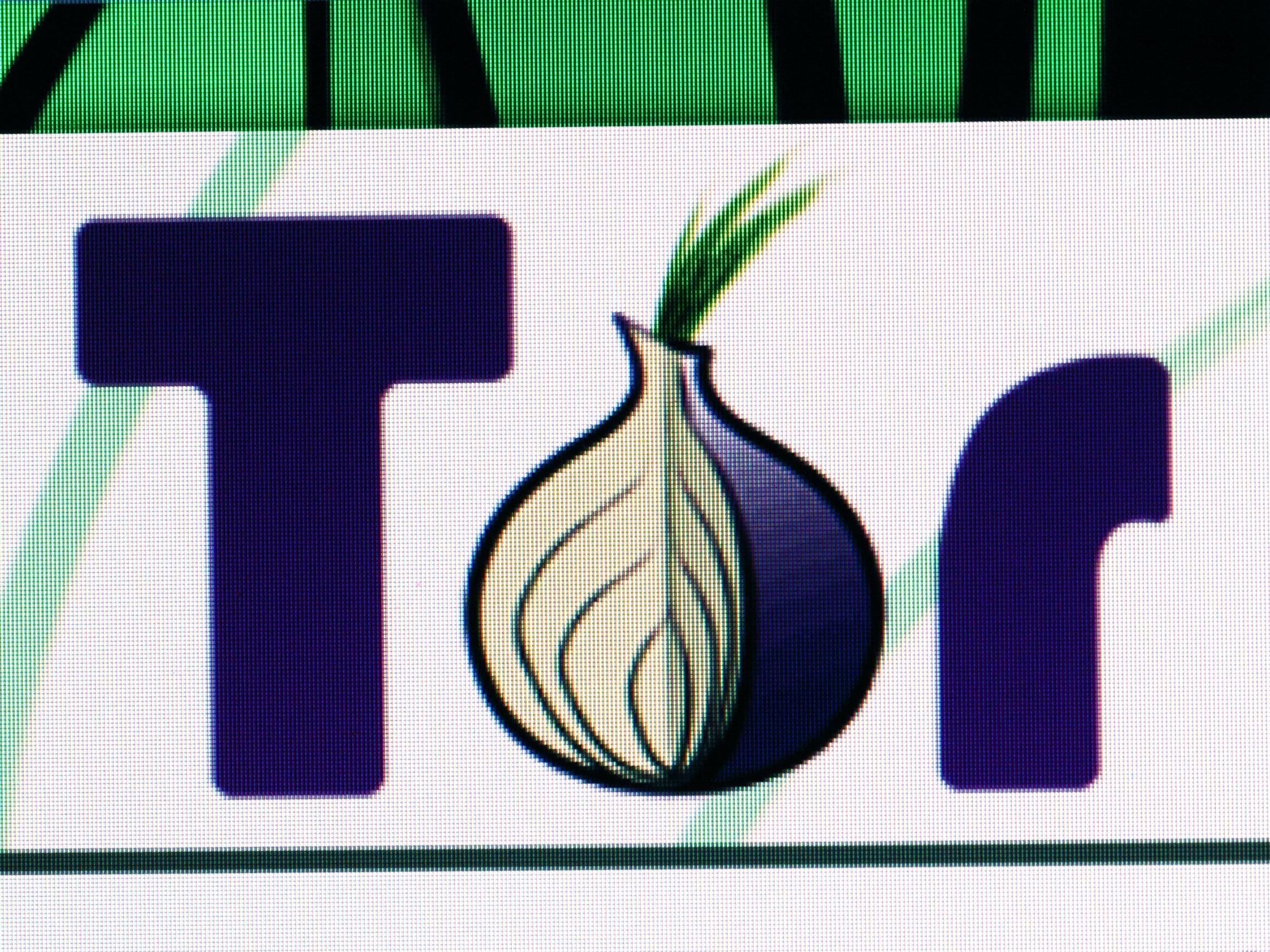World's biggest dark web drug market claims to be closing but people think it's a trap
'Assume that Dream Market is compromised,' a dark web monitor warned. 'Law enforcement ran [drug market] Hansa as a honeypot for 30 days after seizing it. This feels very similar'

The leading drug market on the dark web has announced it will close, amid rumours that its servers have been taken over by law enforcement in order to entrap users.
Dream Market, which has been the top illicit marketplace since since the shut down of Silk Road in 2013, announced plans to cease operations on 30 April following a barrage of cyber attacks.
"Hey everyone I am an official Dream Market moderator," stated a post released on a dark web forum dedicated to the site, which drew suspicions from users. "Dream Market will be transferred to a partner company, which will be a fair and honest company."
The announcement came as the Federal Bureau of Investigation revealed the results of a major dark web investigation, Operation SaboTor.
More than $7 million in cash, cryptocurrency and gold were seized over two months of raids ending 12 March, resulting in 61 arrests and the shut down of 50 dark web accounts associated with illegal activity.
The operation draws parallels to previous ones that have brought down other popular dark web markets, most notably Hansa Market, which was taken over by Dutch police in 2017 and run as a honeypot operation to collect evidence against the site's users.
The DDoS attacks that Dream Market suffered, whereby the site is overloaded with web traffic in a coordinated campaign, are also consistent with the take down of other dark web markets that were also preceded by cyber attacks.
"Alert: Assume that Dream Market is compromised," dark web monitor DarkDotFail wrote on Twitter. "Today they announced they are shutting down 30 days from now, in April. Law enforcement ran Hansa as a honeypot for 30 days after seizing it. This feels very similar."
FBI Director Christopher Wray said the latest dark web operation was a demonstration of how law enforcement is keeping on top of technology trends used by criminals.
"Criminals have always adopted innovations and new technologies to achieve their illicit goals, and it's our job to adapt and remain ahead of the threat," he said.
"Operation SaboTor demonstrates not only the strength of our partnerships across the US government and abroad but how we're able to capitalise on those partnerships to disrupt criminal activity, even when they try to hide it on the Darknet."
A recent investigation into drug gangs in Europe revealed a shift from dark web markets to popular messaging apps by dealers looking for more efficient ways to communicate with customers.
The switch follows a sustained crackdown on illicit online markets, which has made sites on the dark web more at risk to shut downs and raids.
Using a combination of graffiti messages, dead drops and automated bots within the messaging apps, criminal researchers say such methods make the gangs practically immune to police interference.
Join our commenting forum
Join thought-provoking conversations, follow other Independent readers and see their replies
Comments
Bookmark popover
Removed from bookmarks